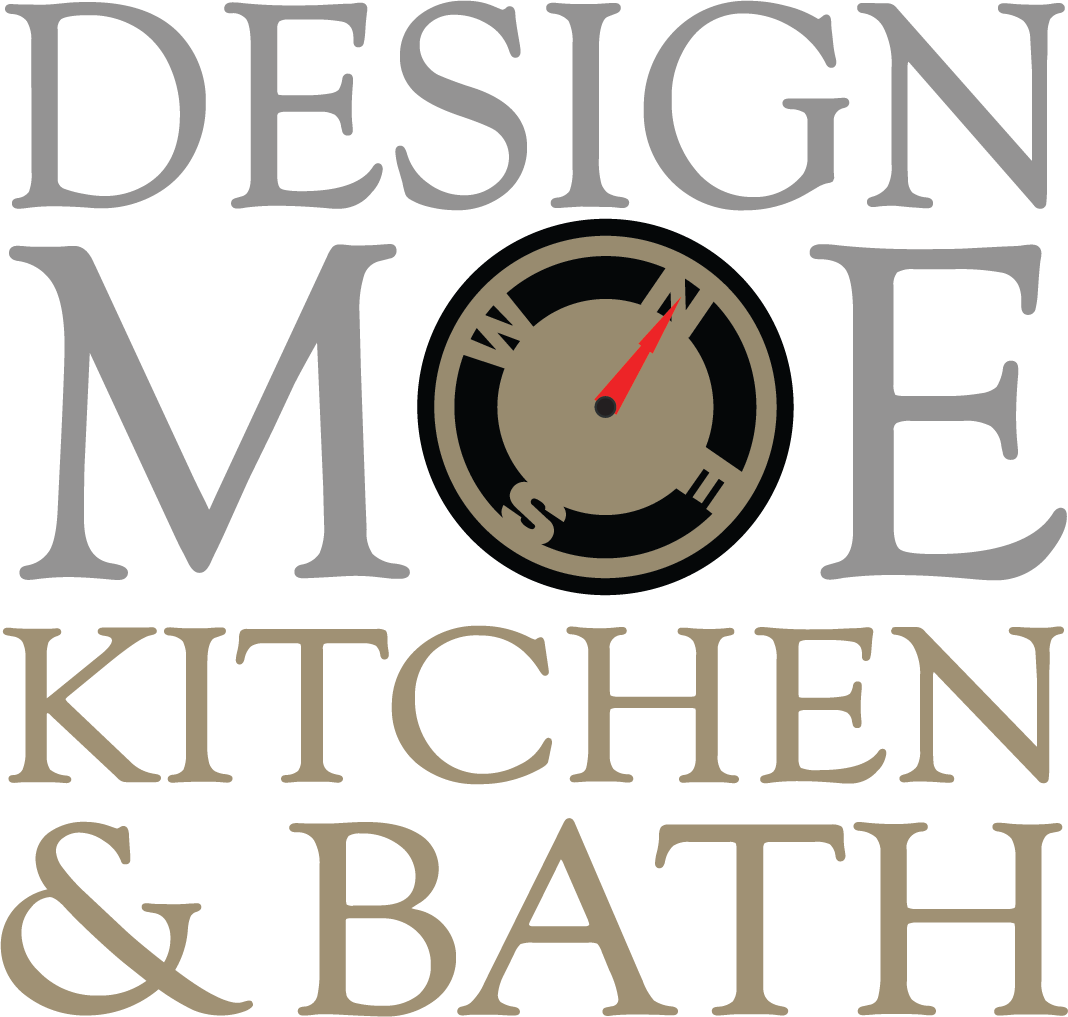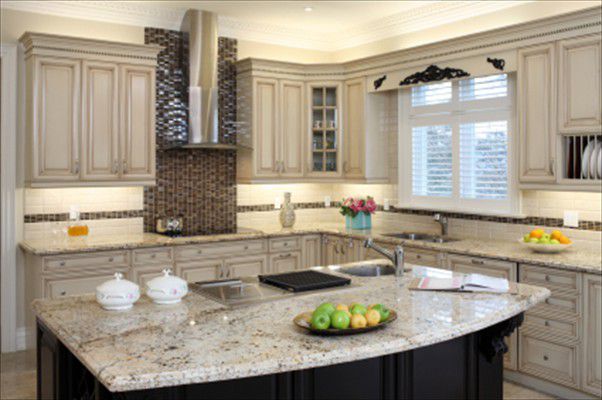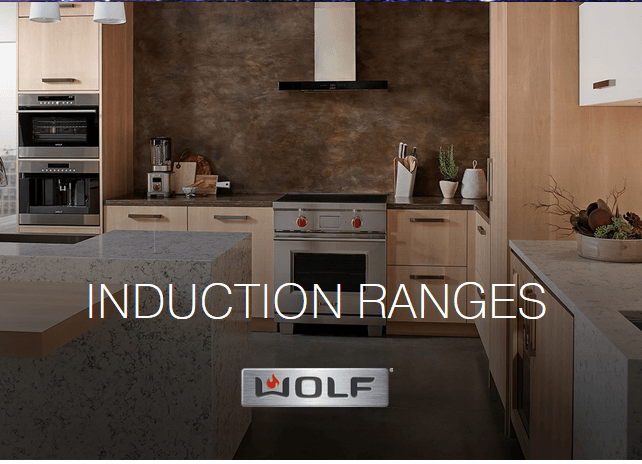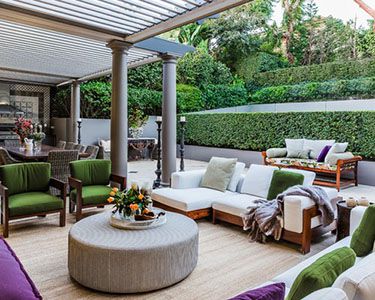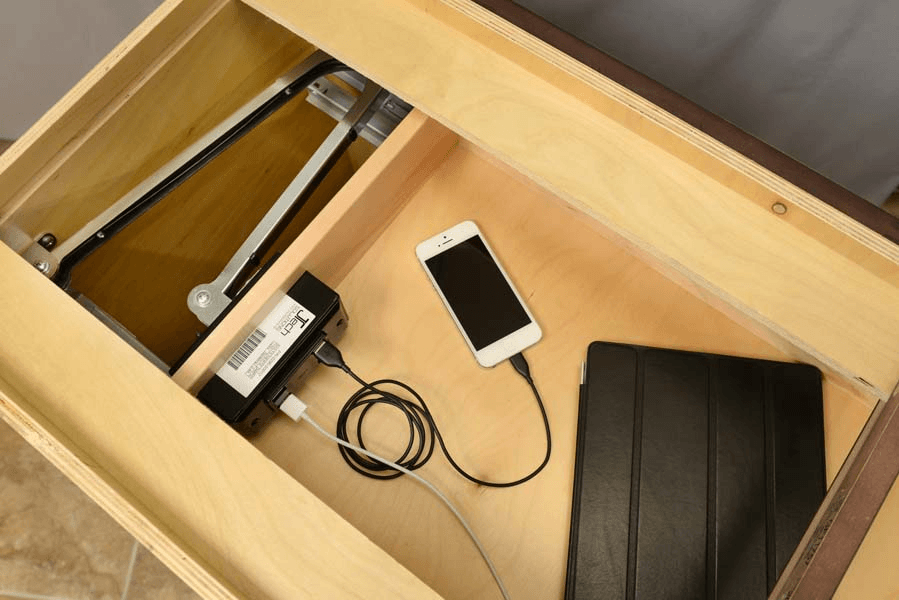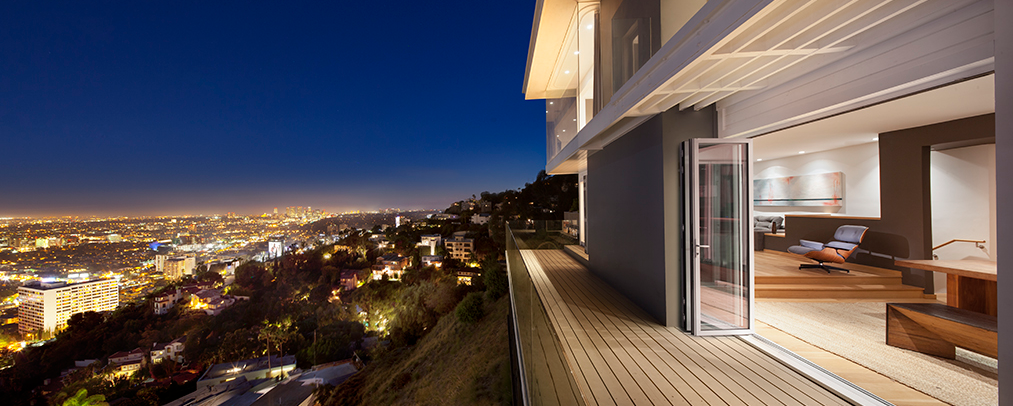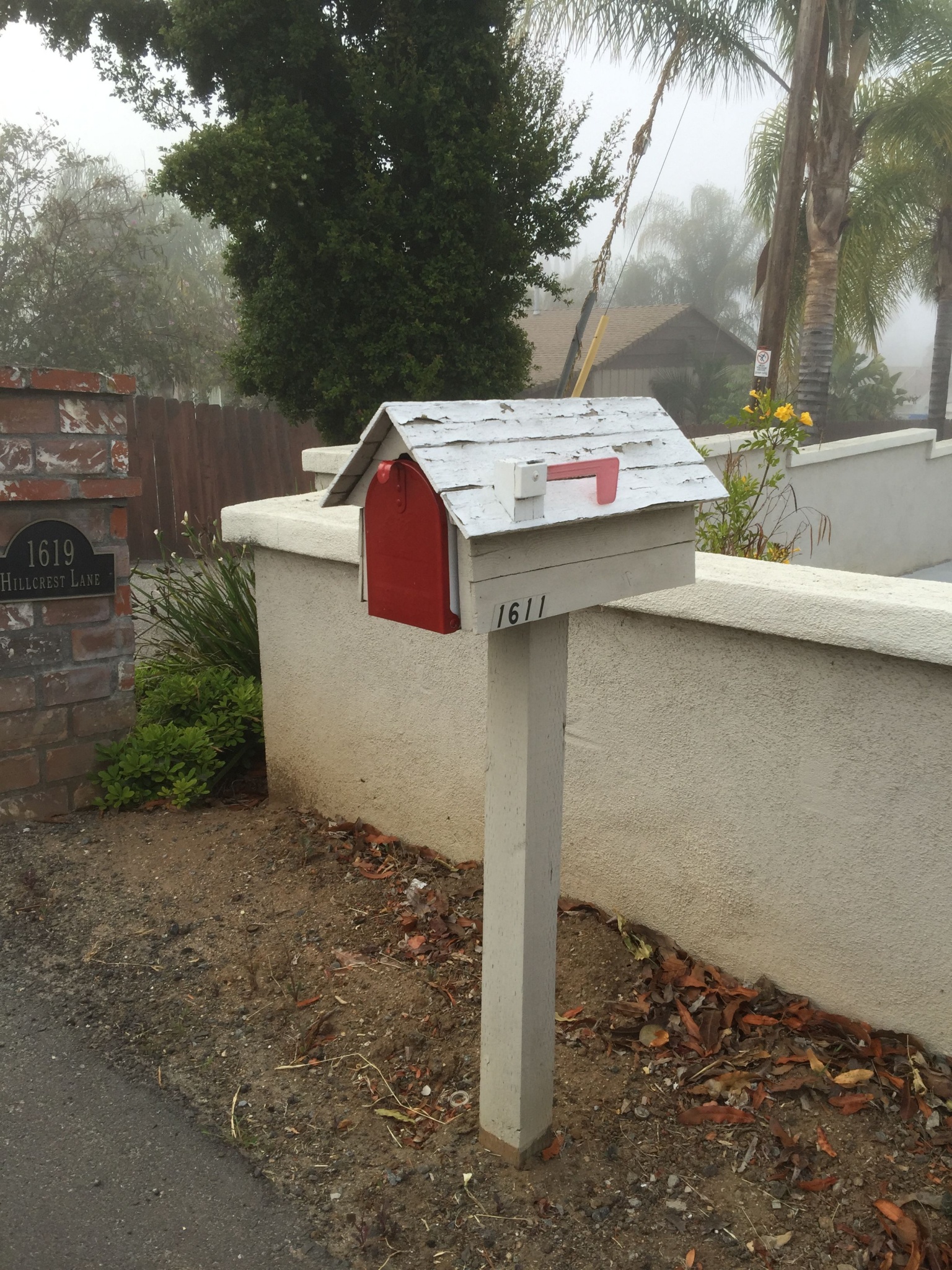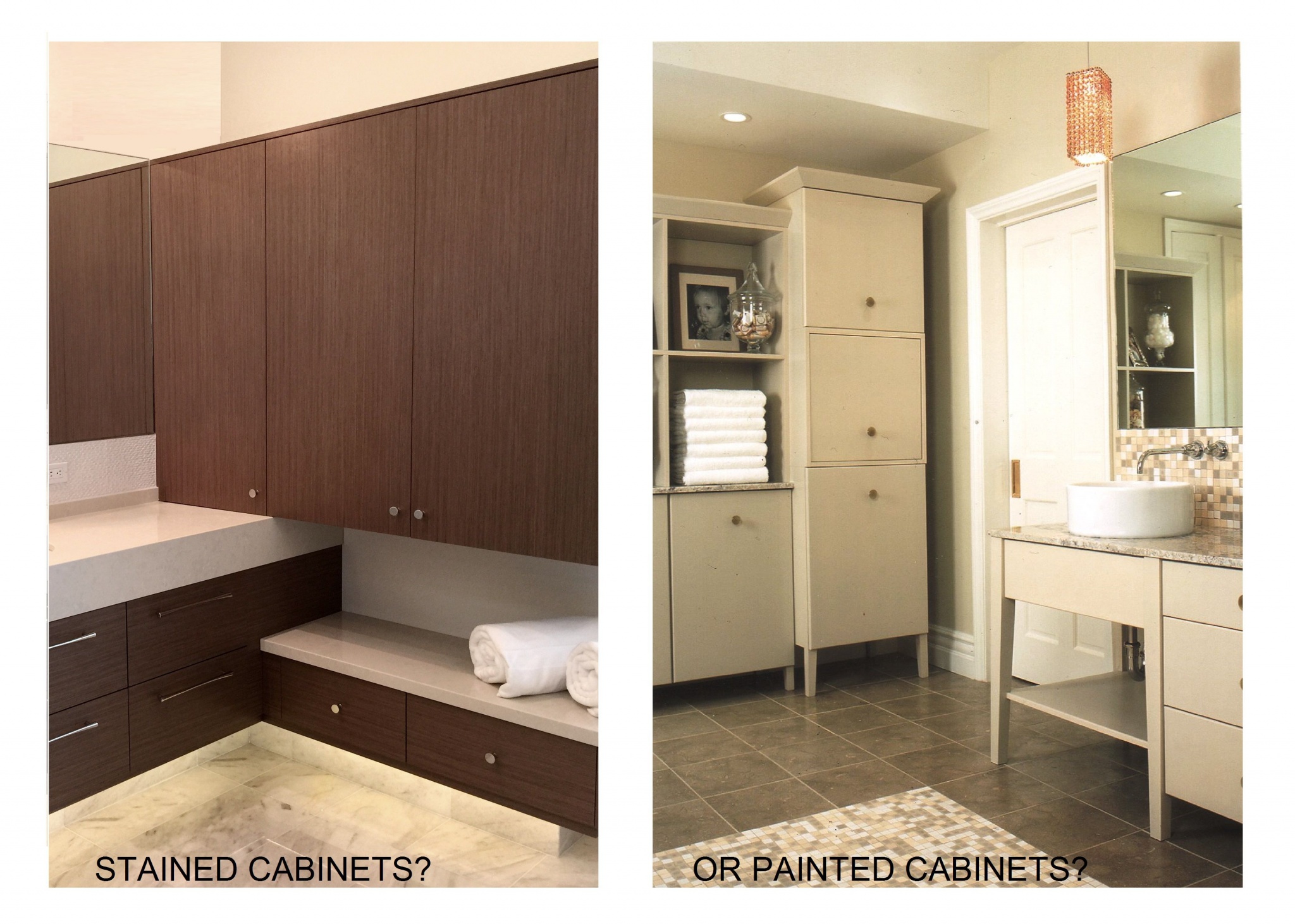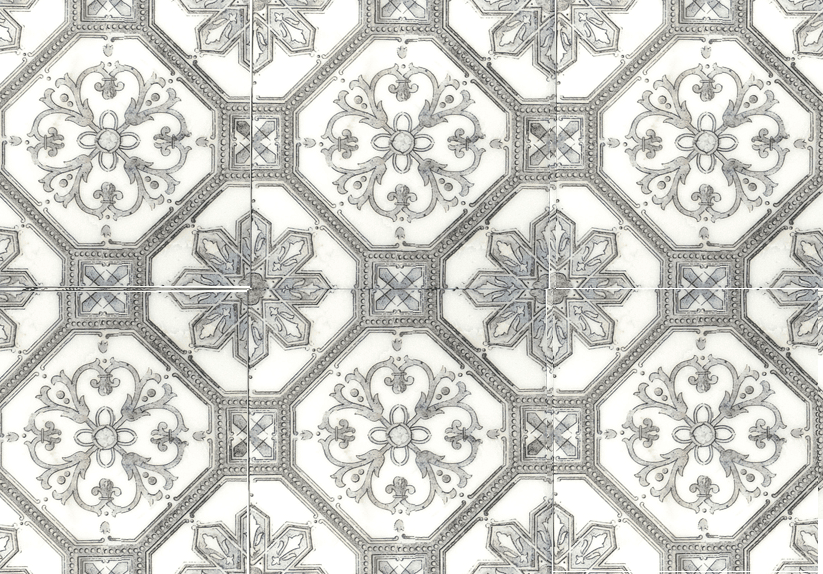Here in San Diego you can find recessed can lights in almost every home. Although they are not always the best light source (because of the downward, cone-shaped light), contractors, home-builders, and home-owners all like and use them because they are inexpensive and unobtrusive.
Unfortunately, the same qualities that make them popular also make them somewhat, well, boring. Recently a client asked for suggestions on how to improve the look of the many can lights that marched across her ceilings.
Besides making sure that she was using the proper bulb size and had the appropriate baffles, I suggested that she upgrade the trims.
She had already trimmed out the ranch house in dark woods, and the primary metal finish throughout was rustic wrought iron. So the first (and simplest) thing that I suggested was to change out the trim rings from the standard white to a rustic bronze or steel color. (see 2 left-hand examples)
A more elaborate option would be to change out the trims to one of Mink Lavery’s specialty trims, such as Belcaro Walnut or Lathan Bronze (see 2 examples on the right.)
Another, more authentic “Old California” option would be to add a wrought iron trim over the existing cans.

The 3 handmade trims shown above are from a firm in Santa Barbara, and they are available in all of the standard recessed downlight sizes (4″. 6″, 8″) as well as any desired custom size. You can specify the metal finish and the glass color as well. There is also the rather simple example shown below (left side) which is less
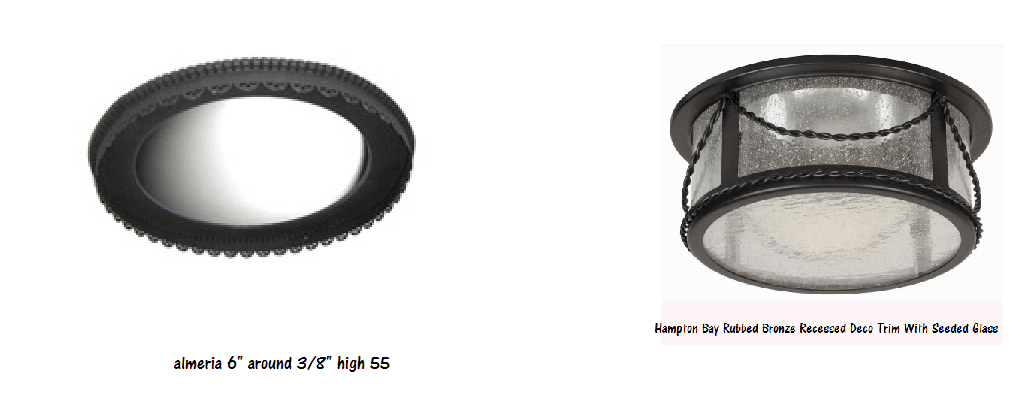
than a half-inch high– but the whimsical metal pattern adds a charm that you don’t see in the standard fixtures, and the inside of the ring covers the gap inside the fixture between the bulb and the housing.
Lastly, the fixture on the right is a Hampton Bay fixture from one of the big box stores that changes a recessed downlight to a flushmount fixture, with seeded glass and metal trim.
(Keep in mind that although these options are not, in themselves, expensive, the cost of $30 to $150 per fixture can add up if you are looking at changing over your whole house.)
